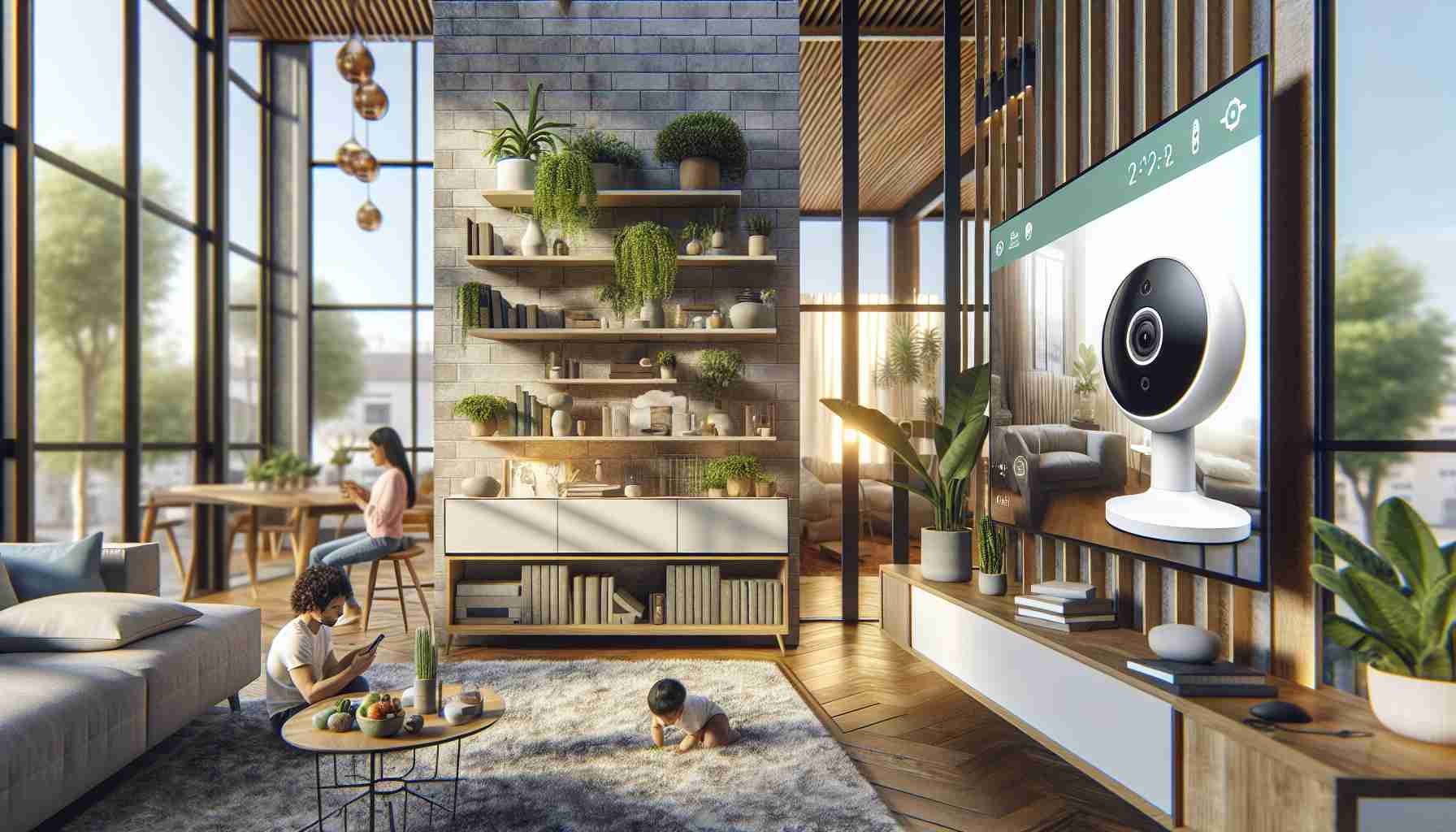
The Role of Smart Cameras in Modern Home Living
Smart cameras have revolutionized the concept of home security, offering advanced features and convenience to homeowners. These high-tech devices provide round-the-clock monitoring of properties, ensuring peace of mind for residents.
With the ability to connect to smartphones and other devices, smart cameras allow users to check on their homes from anywhere at any time. This seamless integration of technology has made monitoring property more accessible and user-friendly than ever before.
Gone are the days of traditional surveillance systems; smart cameras now offer features such as motion detection, night vision, and two-way audio communication. These innovations enhance the overall security and functionality of home surveillance, providing a comprehensive solution for homeowners.
Moreover, the cloud storage capabilities of smart cameras ensure that footage is securely stored and easily accessible. This eliminates the need for physical storage devices and allows for convenient playback of recorded video footage.
As technology continues to advance, smart cameras are expected to further enhance home security measures, offering increased customization and integration with other smart home devices. The future of home surveillance lies in these innovative and sophisticated systems that prioritize safety and convenience for homeowners.
Exploring the Unseen Benefits and Challenges of Smart Cameras in Modern Home Living
Smart cameras have undeniably transformed the landscape of home security, providing unparalleled features and ease of use for homeowners. While they offer numerous advantages, there are also key questions and challenges surrounding their integration into modern homes.
What are the lesser-known benefits of smart cameras?
Smart cameras not only enhance security but also serve as valuable tools for monitoring pets, children, and elderly family members from a distance. Their ability to capture high-quality footage in various lighting conditions makes them versatile for different purposes beyond just security.
Are there any privacy concerns associated with smart cameras?
One of the key challenges with smart cameras is the potential invasion of privacy. As these devices constantly record and transmit data, there is a risk of unauthorized access or misuse of personal information. Homeowners must ensure proper security measures are in place to protect their privacy.
What are the advantages and disadvantages of cloud storage for smart cameras?
Cloud storage offers the convenience of accessing footage remotely and avoiding the need for physical storage devices. However, reliance on cloud storage raises concerns about data security and potential subscription costs for long-term storage solutions. Homeowners should weigh the pros and cons before opting for cloud storage.
How do smart cameras adapt to changing technology trends?
One of the controversies surrounding smart cameras is their compatibility with evolving technology standards. As new smart home devices enter the market, ensuring seamless integration and interoperability with smart cameras can be a challenge. Homeowners may face obstacles in creating a cohesive smart home ecosystem.
In conclusion, while smart cameras offer exceptional benefits in enhancing home security and convenience, they also pose challenges related to privacy, data storage, and technological compatibility. By addressing these key questions and concerns, homeowners can make informed decisions about incorporating smart cameras into their modern living spaces.
For further information on smart home technology and trends, visit techradar.com.















